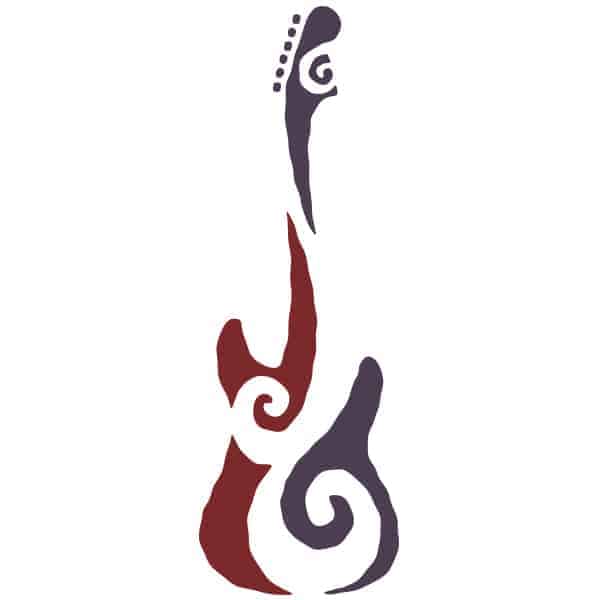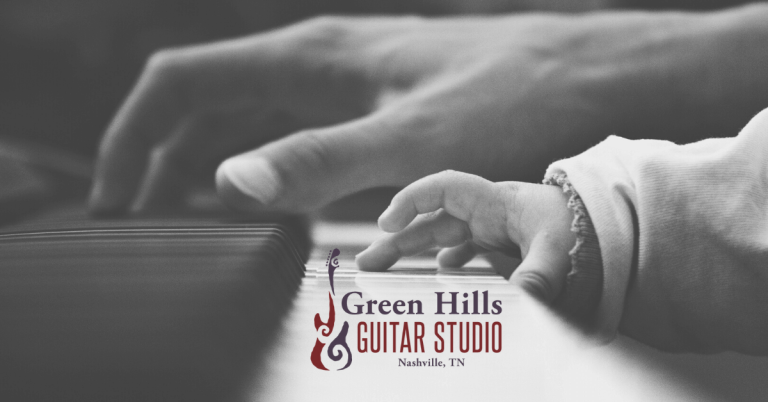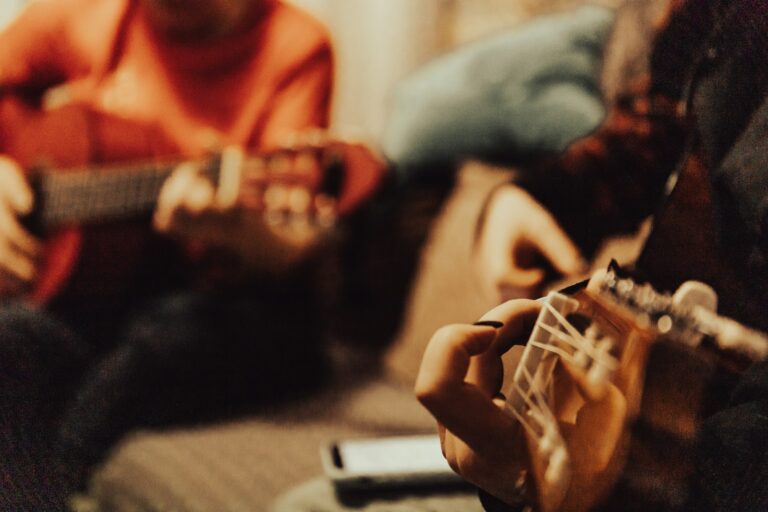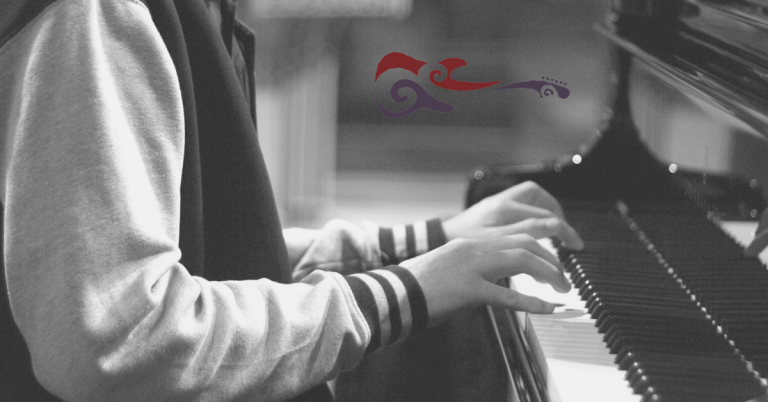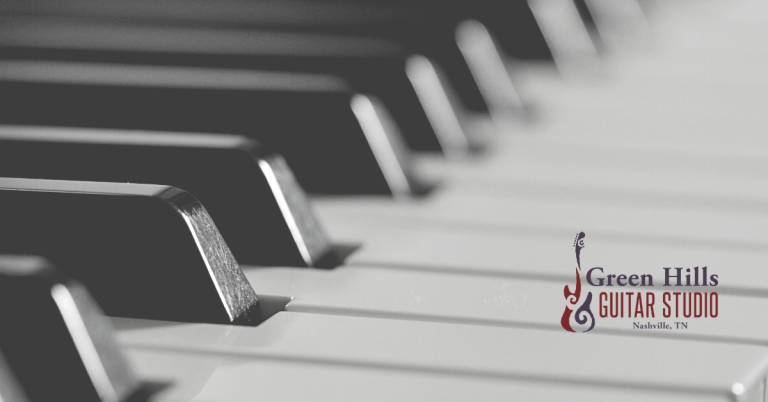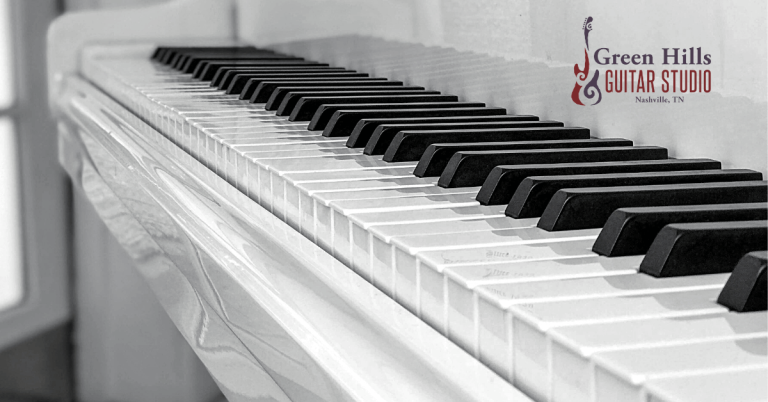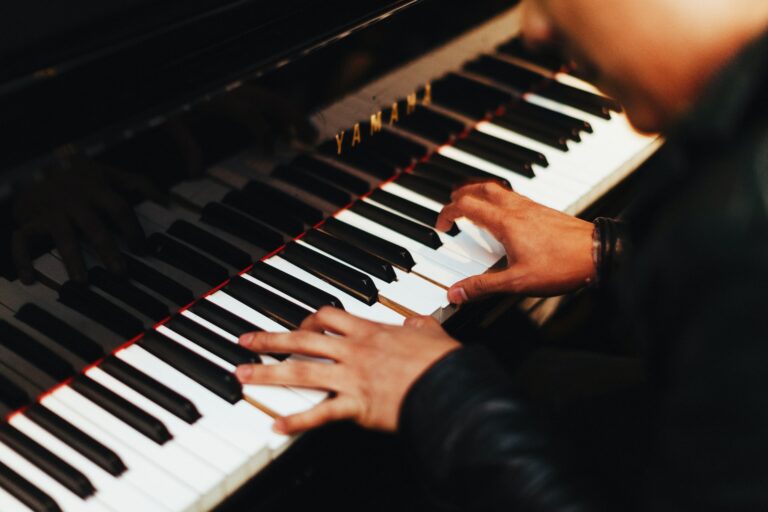Which Keyboard is Best for Beginners?
It’s probably the most consistently asked question I get from novice students: What keyboard should I buy as a beginner? In my lifetime, I’ve played on dozens of different variations of the instrument, including grand and upright pianos, Rhodes pianos, Wurlitzers, various organs, clavinets and synths, so I can speak to my personal preferences on any given one. However, I will always favor the forgiving touch and even feel of my great aunt’s old Kurtzmann upright; it’s the subdued-sounding piano that guided my maturing fingers through formative learning years and gave me my sense of touch for the instrument. This leads me to the first question to ask if you are beginning piano: how old are you?
Choosing a keyboard for a child
If you are a parent who is investing in piano lessons for your child, I have good news: you don’t need to drop a down payment on a piano the size of a small couch (yet).
The very first keyboard I played on was an old Casio, where I would sit cross-legged on the floor and practice five note songs out of a kid’s lesson book. My dad had a substantial enough music background to teach me on that keyboard until it was apparent that I was ready for lessons from an experienced teacher.
So, for a child my advice is this: buy an inexpensive keyboard to see if it interests them enough to show consistent engagement.
Almost invariably, my beginning younger students will go down one of two paths; either they bang on the keyboard and show little focus on any learning material (which might mean they aren’t mature enough for lessons yet), or they move very quickly through the lesson books and it’s apparent that they are ready for a more serious keyboard.
Choosing a keyboard for an adult
Alternatively, if you are an adult looking to purchase a piano for lessons, you have options. You know your own goals and budget for taking lessons, and it’s up to you to decide how much you’d like to invest into them. For most people, my advice is still the same: buy an inexpensive electric keyboard until you decide you can commit seriously to learning the instrument after taking lessons for a while.
Now, let’s say you are committed to learning piano and want a good keyboard to learn on right away. Here are a few things to consider:
Number of Keys
A standard keyboard has 88 keys. I own three keyboards and none of them have all 88 keys, because the lowest and highest octaves, while certainly nice to have, are rarely used, especially for beginners. There are extremely nice keyboards with only 61 keys, and really sub-par keyboards with all 88. This is all to say that those extra octaves aren’t altogether necessary for learning the instrument at all, even after the first five years of study.
Portable vs. Standalone
There are two basic kinds of electric keyboards. The first are portable keyboards that come in all sizes and capabilities. These normally come pre-loaded with dozens and sometimes hundreds of different sounds along with several effects processors and other fun manipulable add-ons.
These keyboards will require a stand and a bench or stool, as well as a sustain pedal. The other kind is the standalone keyboard. These act more as a piece of furniture than as a studio tool or creative instrument. Standalone pianos will have a few different voices to choose from, and will have basic functions like transpose and a built-in metronome. They will come with a built-in music stand, built-in sustain and soft pedal and most of the time will come with a piano bench.
If you know which of these two sets of traits you value more, it will better guide you in your selection process.
Weighted Keys vs. Non-Weighted
A regular upright or grand piano is a complicated machine. It is a series of levers with hammers and strings that give a specific feel to the instrument. This feel, or weight, is the resistance from the strings being struck by the hammer every time you push down a key.
Some electric keyboards will mimic this weight or action by giving the keys a spring-loaded resistance. The Casio that I learned on did not have weighted keys whereas the Kurtzmann did.
If you play guitar, it’s like the difference between playing an acoustic guitar and an electric; one will require much more technique than the other. Here I will say that learning to play on weighted keys is important for developing proper technique. Most inexpensive keyboards will have non-weighted keys but there are reasonably priced keyboards out there with good feeling action.
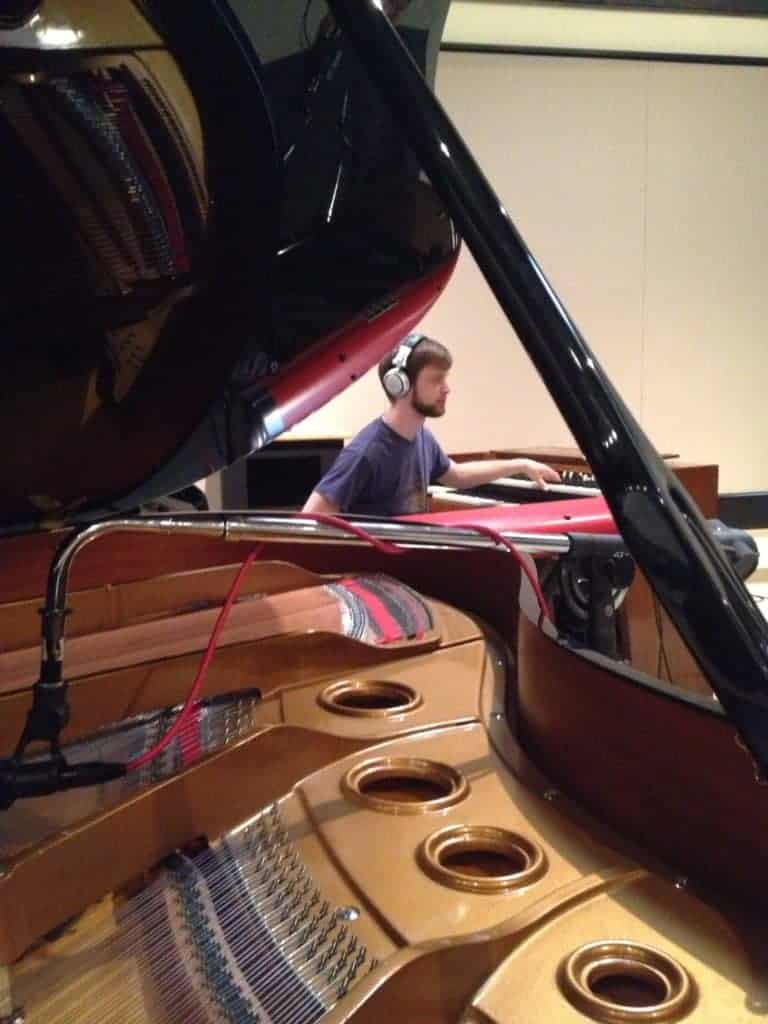
Personal Preference
Here’s the most important piece of advice when making a big keyboard purchase: make sure you play the keyboard first before buying.
Even as a beginner, you will notice right away the differences in the way various keyboards feel and sound. If you don’t like the sound of the piano, don’t buy it. It also goes without saying that if you don’t like the feel of the keyboard, don’t waste any more time and look for a different one.
IMPORTANT! Play what you have
If you already have access to a real upright or grand piano, play it! If someone close to you has a piano, or is willing to part with one, I implore you to play it or take it if you have the room and the resources.
It’s always best to learn on a real acoustic piano if the option is available to you. I was lucky enough to have my great aunt gift me her piano when I was younger, so I didn’t worry about selecting an electric keyboard until it became an apparent career choice.
CHECKLIST
- Budget: What is your upper limit for spending on a potential keyboard?
- Size: How much space do you have for it? If not much, look at a portable keyboard; if plenty, consider a standalone keyboard if it interests you.
- Feel & Sound: Make sure you play it before you buy it. If you don’t like the way it feels or sounds, don’t buy it.
- Pedals & Stand: If buying a portable keyboard, make sure you have at least a sustain pedal and a stand. Other possible items include a music stand, an amplifier, a bench or stool and any cords or power supplies not included with the keyboard.
- Other options: Do you want a keyboard you can take to the studio? Look at portable keyboards with MIDI and synthesizer capabilities. Research specifications and technical options.
Potential keyboard options for beginners
For younger beginners who haven’t played at all, or adults who aren’t sure about fully committing to learning piano, try these options
For adult students looking to invest in a good keyboard:
Portable
Standalone
Get instruction at Green Hills Guitar Studio
Guitar is in the name, but we provide piano lessons for all ages and ability levels. Contact us today for more information about piano lessons for yourself or your child.
